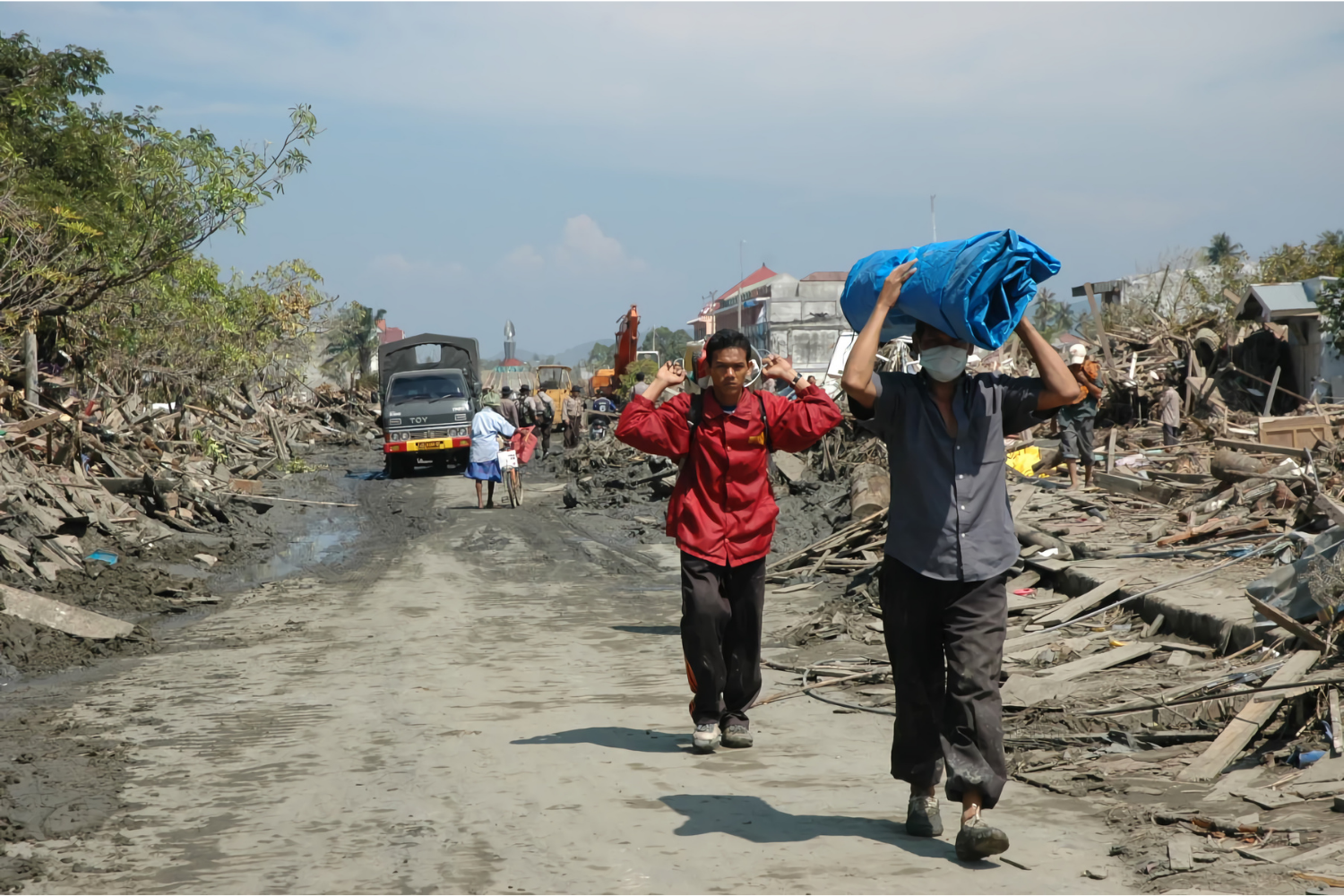Susan Cutter traces the etymology of the multiple, overlapping terms used to describe “types of situations where there is a single triggering hazardous event resulting in large-scale impacts to lives and livelihoods, which in turn generate secondary or tertiary ‘events'” (p. 17). She notes that the terms “compounding effects” and “cascading hazards” refer to cases in which one ‘natural’ disaster triggers others in close spatial and temporal proximity, while the terms “natech” event (in which a natural disaster triggers a technological failure), “anthropogenic stressors,” “cascading disasters,” and “complex emergencies” add consideration of social and technological causes and effects, along with a longer temporal scope. Cutter then introduces the term “social cascades” to “refer to the social, cultural, economic, and political effects of consecutive disasters within either close temporal or close spatial proximity” (p. 23) and suggests that “cascading disasters are now the new normal or, better yet, the new abnormal” (p. 25).
Compound, Cascading, or Complex Disasters: What’s in a Name?

Author(s)
Susan L. Cutter
Publication Date
26 October 2018
Publisher
Environment: Science and Policy for Sustainable Development (vol. 60, iss. 6)
DOI / URL

Resource Type
Academic Journal Article
Resource Theme
Disaster Prevention and Response
